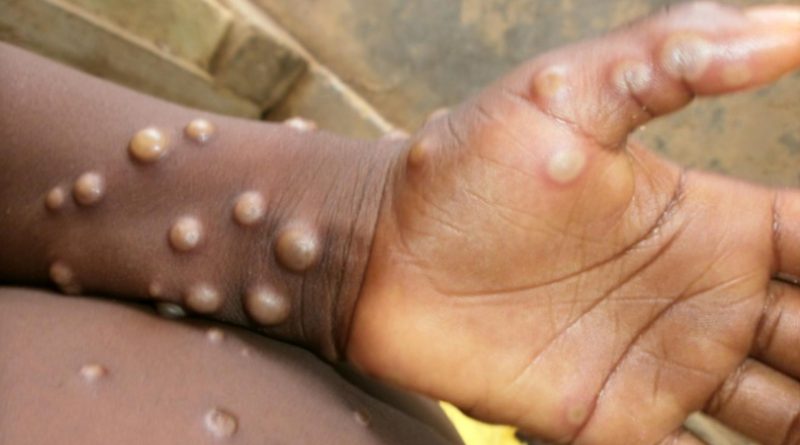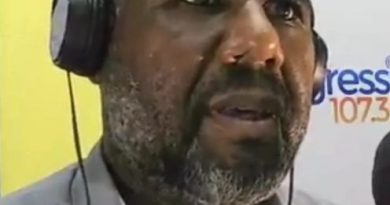Ministry of Health issues public-health guidelines similar to COVID-19 protocols to protect against monkeypox infections
The Ministry of Health has issued a number of public-health and social measures for residents to practice, so they can avoid becoming infected with the monkeypox virus during this Carnival season.
Mere hours after the World Health Organisation (WHO) declared monkeypox a public-health emergency of international concern, thousands of revelers turned out on Saturday, July 23, for the T-shirt Mas’ parade downtown St. John’s.
While there is no specific treatment for monkeypox, the Ministry advises that social and physical distancing, frequent hand washing, and wearing face masks may prevent infection.
Monkeypox is caused by the monkeypox virus which is similar to that of smallpox. Persons typically experience a fever, a rash, swollen lymph nodes and muscle pain, the Ministry says.
Anyone experiencing these symptoms should seek attention from their health-care provider.
“Monkeypox is spread from person to person by direct contact with the rash; bodily fluids (fluid, pus or blood from skin lesions); and scabs. Clothing, sheets, towels and other objects can also be sources of infection,” the Ministry of Health warns.
Respiratory secretions can also be a source of infection, and the virus is also transmitted from a pregnant mother to her unborn child.
Health officials say they have ensured that the Sir Lester Bird Medical Centre has the capacity to test for the monkeypox virus.
Thus far, there have been no lab-confirmed cases here, since samples sent to the Caribbean Public Health Agency (CARPHA) have all been negative, they add.
Samples will be processed locally in a few weeks, the Ministry of Health says.
Meanwhile, doctors are reminded to report any suspected cases of monkeypox to the Ministry’s Epidemiology and Surveillance Unit.
The Health Ministry says it has increased its monkeypox surveillance at all ports of entry and at healthcare facilities.




